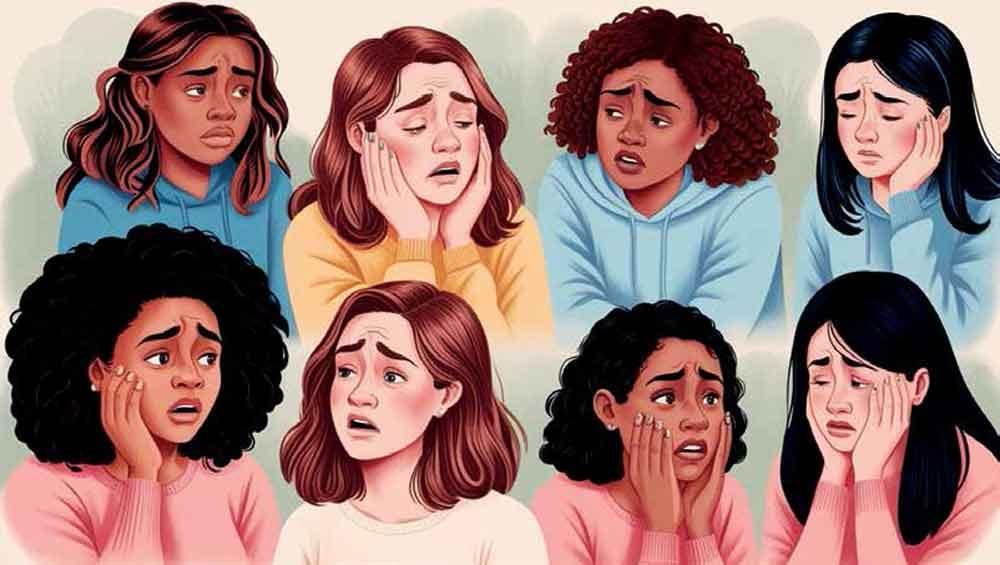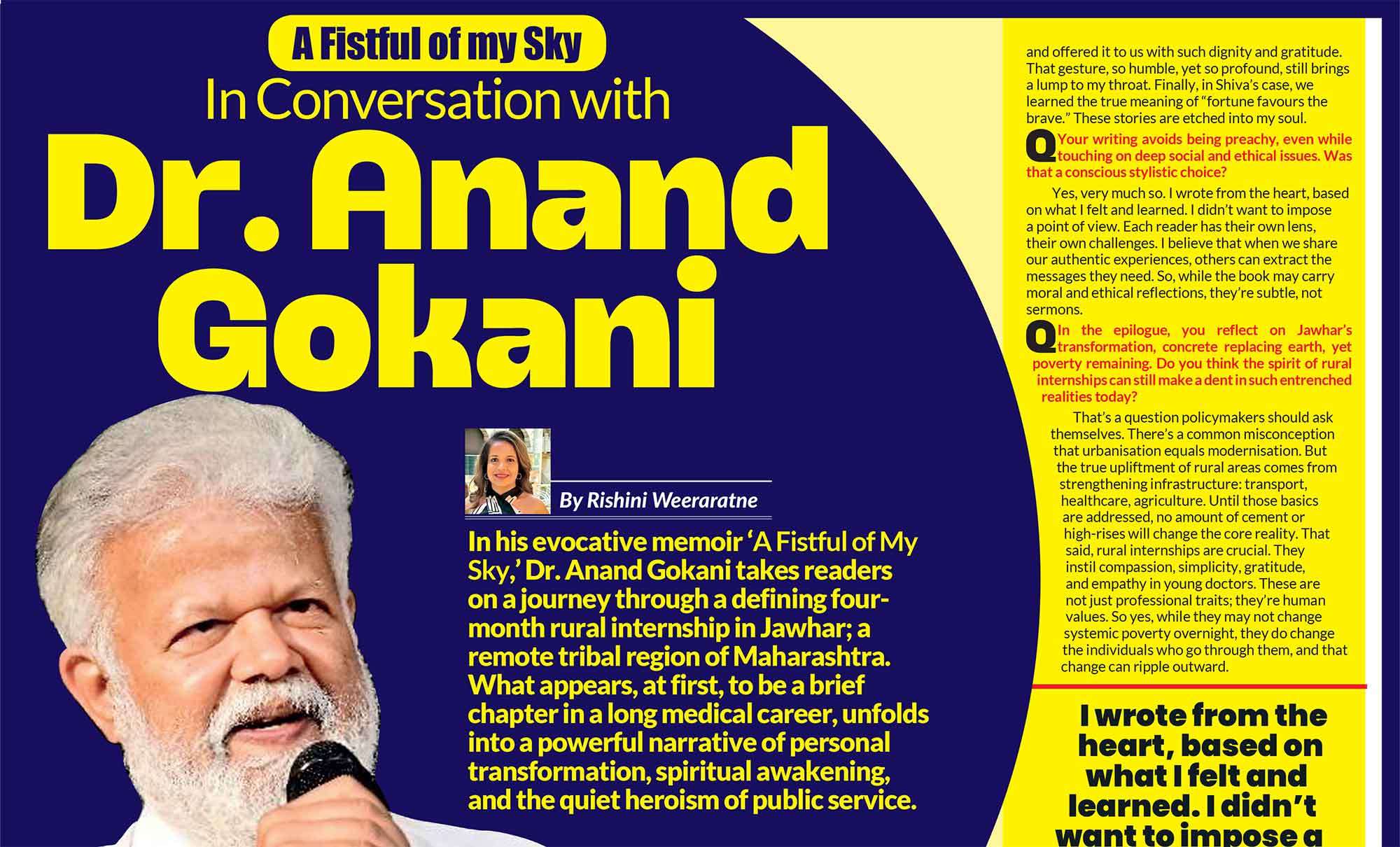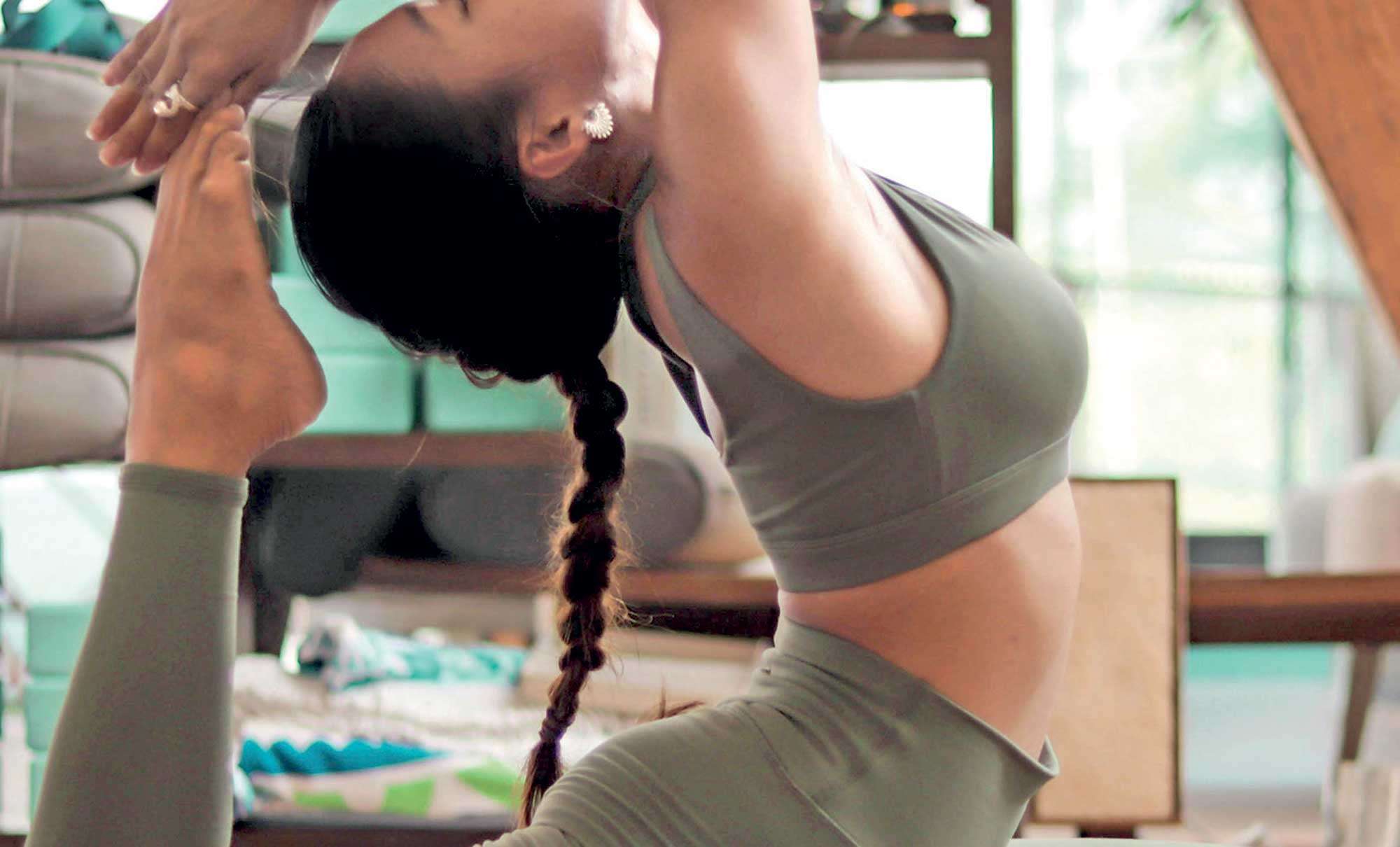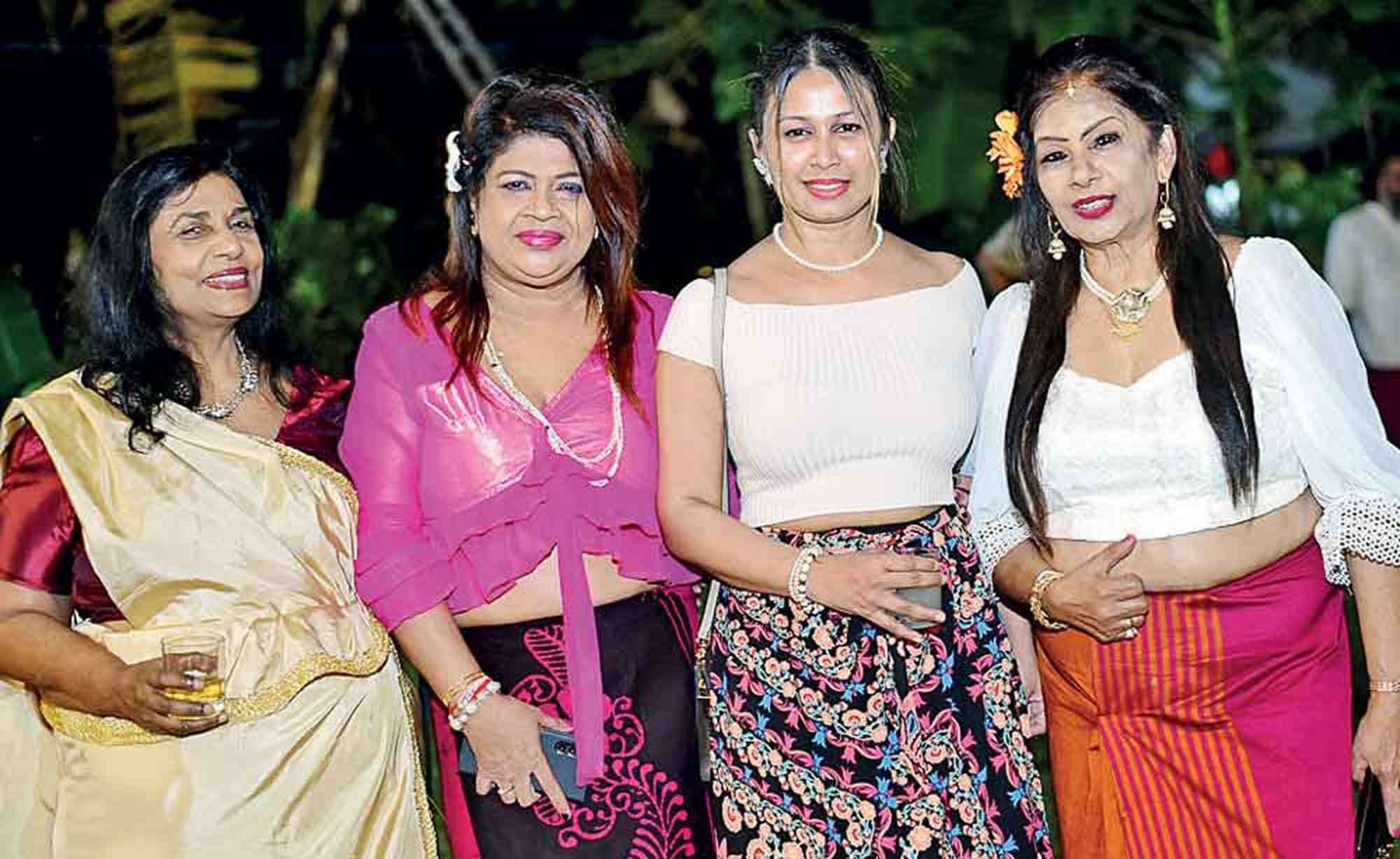
We can pretend we’re above it, but the truth is we live for a little drama
Let’s talk about the video that had every single Sri Lankan with a Wi-Fi connection glued to their screen this Avurudu season. Content creator Kalathma Hitihamige jumped on a US-originated trend where people post: “I’m bored. Drop your best / worst interaction with a celebrity / influencer below.” Seems harmless, right?
 Fun, light-hearted, bit of gossip, what could go wrong?
Fun, light-hearted, bit of gossip, what could go wrong?
Well... everything. What started as a playful scroll-fest turned into a social media courtroom, with comments ranging from funny celebrity encounters to serious allegations; including claims of sexual assault, relationship scandals, and brand betrayals. But then came the dangerous twist: false accusations and baseless stories began flooding in, tarnishing reputations, and sparking outrage, all while the audience munched on kokis and refreshed the comments section like it was a live cricket match.
Why Did This Video Blow Up?
Two reasons:
Gossip sells. We can pretend we’re above it, but the truth is we live for a little drama. It’s human nature to be intrigued by what happens behind closed doors, especially when those doors belong to cricketers and influencers.
Perfect timing. It dropped during the Avurudu holidays when everyone was chilling at home, probably two kehel malus deep into their third cup of milk tea. No one was working, everyone was scrolling. Boom - virality.
The Problem with Virality in the Wrong Hands
Here’s the issue. When anyone with an internet connection can drop a comment and claim it as “truth,” you’re entering dangerous territory. You might think it’s a joke, but for someone else, it could affect their marriage, their job, their mental health, or their brand’s reputation.
There were genuine stories in there, women speaking up about uncomfortable interactions and serious misconduct, but those were buried under a tsunami of fake tea. And now, no one knows what’s real and what’s made-up. Which sucks because it also means real victims might not be taken seriously anymore.
Was Kalathma Wrong?
Let’s be honest, she just followed a global trend. She didn’t make up the comments. She didn’t point fingers. She asked a question. That’s not inherently wrong. But here’s where it gets tricky: as a content creator with reach, you have a responsibility.
When the tone of the comments shifted from funny to defamatory, the video should’ve come down immediately. Instead, it stayed up while the fire spread. By the time it was finally taken down, the screenshots had been taken, the stories had been screen-recorded, and the reputations had been dented.
We’re not here to bash Kalathma. She’s taken it down, and it’s clear there was no malicious intent. But it’s a powerful lesson in just how quickly something harmless can spiral out of control when left unchecked.

The Real Damage? Credibility and Trust
If you’re a brand ambassador or a celebrity, your reputation is your currency. In a matter of hours, that currency can crash thanks to a random comment from a faceless profile. We’ve now entered an era where truth is outnumbered by virality. A compelling story, true or false, travels faster than any fact-checker. And in Sri Lanka, where people thrive on online drama, this kind of trend is like gasoline on a fire.
This whole situation raises some deeper questions:
- Should platforms do a better job moderating viral content?
- Are creators responsible for the comments on their videos?
- At what point does “following a trend” cross the line into negligence?
So, What Now?
We can’t rewind time or erase those screenshots. But we can learn.
- Content creators need to be aware of their influence. If something is spiralling, act fast. Take it down, address it, control the damage.
- Viewers need to be more responsible too. Stop believing every comment on sight. Ask questions. Cross-check. Just because it’s juicy doesn’t mean it’s true.
- Brands and public figures, keep your digital hygiene in check. Your online persona matters more than ever, and one false rumour can undo years of work.











